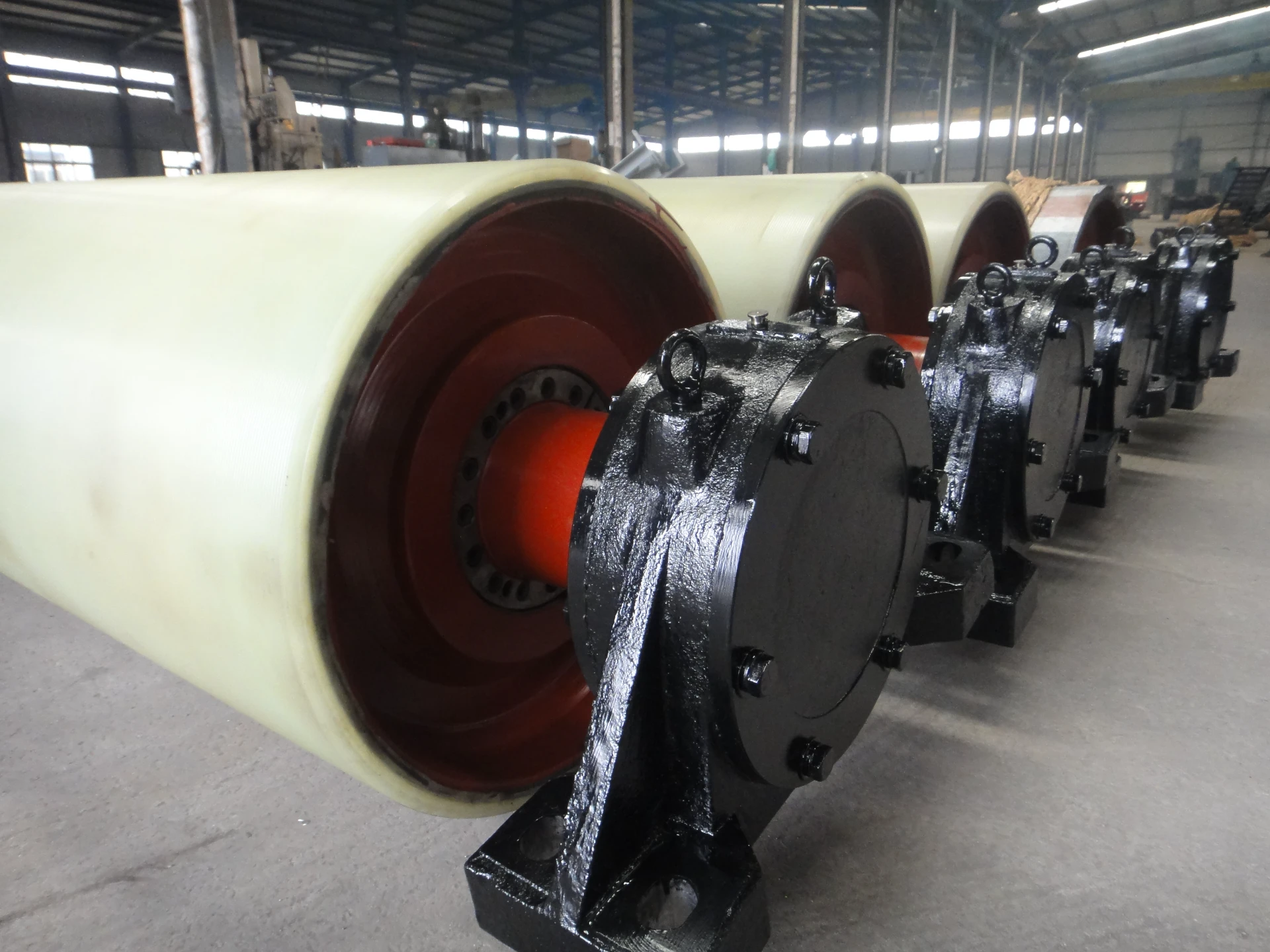 Afrikaans
Afrikaans  Albanian
Albanian  Amharic
Amharic  Arabic
Arabic  Armenian
Armenian  Azerbaijani
Azerbaijani  Basque
Basque  Belarusian
Belarusian  Bengali
Bengali  Bosnian
Bosnian  Bulgarian
Bulgarian  Catalan
Catalan  Cebuano
Cebuano  Corsican
Corsican  Croatian
Croatian  Czech
Czech  Danish
Danish  Dutch
Dutch  English
English  Esperanto
Esperanto  Estonian
Estonian  Finnish
Finnish  French
French  Frisian
Frisian  Galician
Galician  Georgian
Georgian  German
German  Greek
Greek  Gujarati
Gujarati  Haitian Creole
Haitian Creole  hausa
hausa  hawaiian
hawaiian  Hebrew
Hebrew  Hindi
Hindi  Miao
Miao  Hungarian
Hungarian  Icelandic
Icelandic  igbo
igbo  Indonesian
Indonesian  irish
irish  Italian
Italian  Japanese
Japanese  Javanese
Javanese  Kannada
Kannada  kazakh
kazakh  Khmer
Khmer  Rwandese
Rwandese  Korean
Korean  Kurdish
Kurdish  Kyrgyz
Kyrgyz  Lao
Lao  Latin
Latin  Latvian
Latvian  Lithuanian
Lithuanian  Luxembourgish
Luxembourgish  Macedonian
Macedonian  Malgashi
Malgashi  Malay
Malay  Malayalam
Malayalam  Maltese
Maltese  Maori
Maori  Marathi
Marathi  Mongolian
Mongolian  Myanmar
Myanmar  Nepali
Nepali  Norwegian
Norwegian  Norwegian
Norwegian  Occitan
Occitan  Pashto
Pashto  Persian
Persian  Polish
Polish  Portuguese
Portuguese  Punjabi
Punjabi  Romanian
Romanian  Russian
Russian  Samoan
Samoan  Scottish Gaelic
Scottish Gaelic  Serbian
Serbian  Sesotho
Sesotho  Shona
Shona  Sindhi
Sindhi  Sinhala
Sinhala  Slovak
Slovak  Slovenian
Slovenian  Somali
Somali  Spanish
Spanish  Sundanese
Sundanese  Swahili
Swahili  Swedish
Swedish  Tagalog
Tagalog  Tajik
Tajik  Tamil
Tamil  Tatar
Tatar  Telugu
Telugu  Thai
Thai  Turkish
Turkish  Turkmen
Turkmen  Ukrainian
Ukrainian  Urdu
Urdu  Uighur
Uighur  Uzbek
Uzbek  Vietnamese
Vietnamese  Welsh
Welsh  Bantu
Bantu  Yiddish
Yiddish  Yoruba
Yoruba  Zulu
Zulu Polyurethane Pulleys for Enhanced Performance and Durability in Various Applications
The Versatility and Applications of Polyurethane Pulleys
Polyurethane pulleys are essential components in various mechanical systems, known for their durability, flexibility, and excellent load-bearing capabilities. As industries strive for efficiency and reliability, polyurethane pulleys have risen to prominence, offering numerous advantages over traditional materials like metal and rubber. This article delves into the properties, benefits, and applications of polyurethane pulleys, highlighting why they have become a popular choice in numerous sectors.
The Composition and Properties of Polyurethane
Polyurethane is a versatile polymer composed of organic units connected by carbamate (urethane) links. This unique chemical structure imparts a combination of characteristics that make polyurethane an exceptional material for pulley manufacturing. One of the most remarkable properties of polyurethane is its outstanding wear resistance. Pulleys made from polyurethane can withstand significant abrasion, making them ideal for environments where contact with rough surfaces is common.
In addition to wear resistance, polyurethane boasts excellent tensile strength and elasticity. This means that polyurethane pulleys can handle heavy loads and maintain their shape under stress, reducing the likelihood of deformation over time. Moreover, polyurethane's capability to absorb shocks and vibrations contributes to smoother operations in machinery, enhancing their overall performance and longevity.
Benefits of Polyurethane Pulleys
1. Durability Compared to traditional rubber or metal pulleys, polyurethane pulleys are known for their enhanced durability. They are resistant to environmental factors such as moisture, oil, and UV radiation, which can degrade other materials. This resistance extends the operational life of the pulley, reducing maintenance and replacement costs.
2. Low Noise Operation The inherent elasticity of polyurethane allows for quieter operation. In settings where noise reduction is crucial—such as in HVAC systems, automotive applications, or conveyor systems—polyurethane pulleys can significantly minimize sound levels, creating a more pleasant environment.
3. Weight Savings Polyurethane pulleys can be manufactured to be lighter than their metal counterparts, which can lead to overall weight reduction in machinery. Lighter systems can improve energy efficiency, as less energy is required to operate machinery with reduced mass.
4. Customization The molding processes used to create polyurethane pulleys allow for a high degree of customization. These pulleys can be produced in various sizes, shapes, and hardness levels, enabling designers to tailor them to specific applications, whether for high-load scenarios or delicate operations.
polyurethane pulley

5. Resistance to Chemical Damage Polyurethane is resistant to a wide range of chemicals, including oils and solvents, making it suitable for industrial applications where exposure to aggressive substances is a concern.
Applications of Polyurethane Pulleys
The versatility of polyurethane pulleys makes them suitable for a wide array of applications across different industries. Here are just a few examples
- Manufacturing In factories, polyurethane pulleys are commonly used in conveyor belts, helping to move materials efficiently while minimizing wear and noise.
- Automotive Industry Polyurethane pulleys are prevalent in various automotive applications, including engines and drivetrains, where durability and weight savings are critical.
- Mining and Construction Given their robust nature, polyurethane pulleys are ideal for heavy-duty applications in the mining and construction sectors, where they often endure harsh working conditions.
- Textile Industry In textile machinery, the low noise and wear resistance of polyurethane pulleys contribute to smoother operations and improved fabric quality.
- Food Processing The chemical resistance and ease of cleaning make polyurethane pulleys suitable for food processing equipment, ensuring compliance with hygiene standards.
Conclusion
Polyurethane pulleys have emerged as a preferred choice across various industries due to their impressive properties and numerous advantages. From enhancing operational efficiency to providing long-lasting durability, these pulleys meet the demands of modern machinery and equipment. As technology advances and industries evolve, the significance of polyurethane pulleys is likely to grow, reinforcing their position as indispensable components in mechanical systems. In a world that values efficiency, sustainability, and innovation, polyurethane pulleys represent a solution that addresses multiple challenges while paving the way for future developments in engineering and manufacturing.
-
Revolutionizing Conveyor Reliability with Advanced Rubber Lagging PulleysNewsJul.22,2025
-
Powering Precision and Durability with Expert Manufacturers of Conveyor ComponentsNewsJul.22,2025
-
Optimizing Conveyor Systems with Advanced Conveyor AccessoriesNewsJul.22,2025
-
Maximize Conveyor Efficiency with Quality Conveyor Idler PulleysNewsJul.22,2025
-
Future-Proof Your Conveyor System with High-Performance Polyurethane RollerNewsJul.22,2025
-
Driving Efficiency Forward with Quality Idlers and RollersNewsJul.22,2025





























